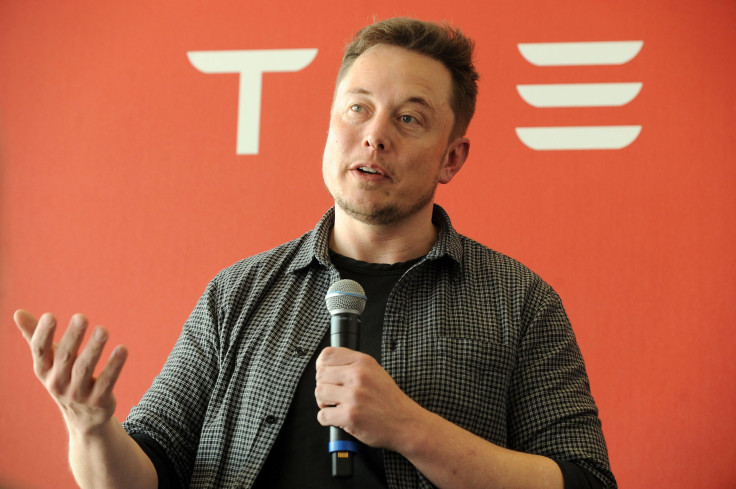Simulation Hypothesis: Living In The Matrix? Tech Billionaires Funding Research To Get Out

Tech billionaires' latest obsession — outside of suing websites into oblivion and attending odd, expensive festivals in the desert — is apparently one that gripped the country in 1999. The bad news: We're all just living in the Matrix. The good news: According to a New Yorker story this week, a couple of tech billionaires are secretly funding research to break us out. (One can only assume Keanu Reeves is onboard the project as a consultant.)
Jokes aside, the idea is called the simulation hypothesis and it's growing in popularity with the Silicon Valley nouveau-riche, as well as in idiosyncratic corners of Reddit. The New Yorker piece by Tad Friend was centered on Sam Altman, CEO of the "startup accelerator" Y Combinator, but took a detour into Matrix territory.
Wrote Friend: "Many people in Silicon Valley have become obsessed with the simulation hypothesis, the argument that what we experience as reality is in fact fabricated in a computer; two tech billionaires have gone so far as to secretly engage scientists to work on breaking us out of the simulation."
The two billionaires from the New Yorker profile are left unnamed, but there is one tech billionaire who has publicly addressed the theory — SpaceX/Tesla CEO, and real life Tony Stark, Elon Musk. In fact, he thinks it's highly unlikely we're not in some form of simulation.
"There’s a one in billions chance we’re in base reality," Musk said at the Recode Code Conference in June.
"The strongest argument for us being in a simulation, probably being in a simulation is the following: 40 years ago, we had pong, two rectangles and a dot,” Musk added. "That is what games were. Now 40 years later we have photorealistic 3D simulations with millions of people playing simultaneously and it’s getting better every year. And soon we’ll have virtual reality, augmented reality, if you assume any rate of improvement at all, the games will become indistinguishable from reality."
This idea more or less originated with a 2003 paper by British philosopher Nicholas Bostrom. Vice's Motherboard did a good job of breaking down the major takeaway from the paper, which posited that one of these is true:
"1 .We’re literally living in a computer simulation
2. There is a strong aversion in advanced civilizations to making “ancestor simulations”—that is, highly evolved civilizations have no interest in making what are essentially video games of their past
3. Something destroys all civilizations before they’re able to advance to the point where they are technologically capable of simulating consciousness."
Musk, in essence, believes the first of these three options is most likely to be true. That conclusion boils down to the idea that if technology is bound to advance far enough to create artificial intelligence that is indistinguishable from life, then that simulated life is bound to create more simulated life.
It's all enough to give you a headache. But if we are in The Matrix, count your intrepid International Business Times correspondent in the camp of the character Cypher, who opted back in to the simulation so he could enjoy a steak again, even if it was a mirage created by machines. Because if this is all a simulation then hot wings probably aren't real — at least in the way we believe they exist — and I don't want to live in a hot-wing-less world. Blue pill, please.
© Copyright IBTimes 2024. All rights reserved.






















